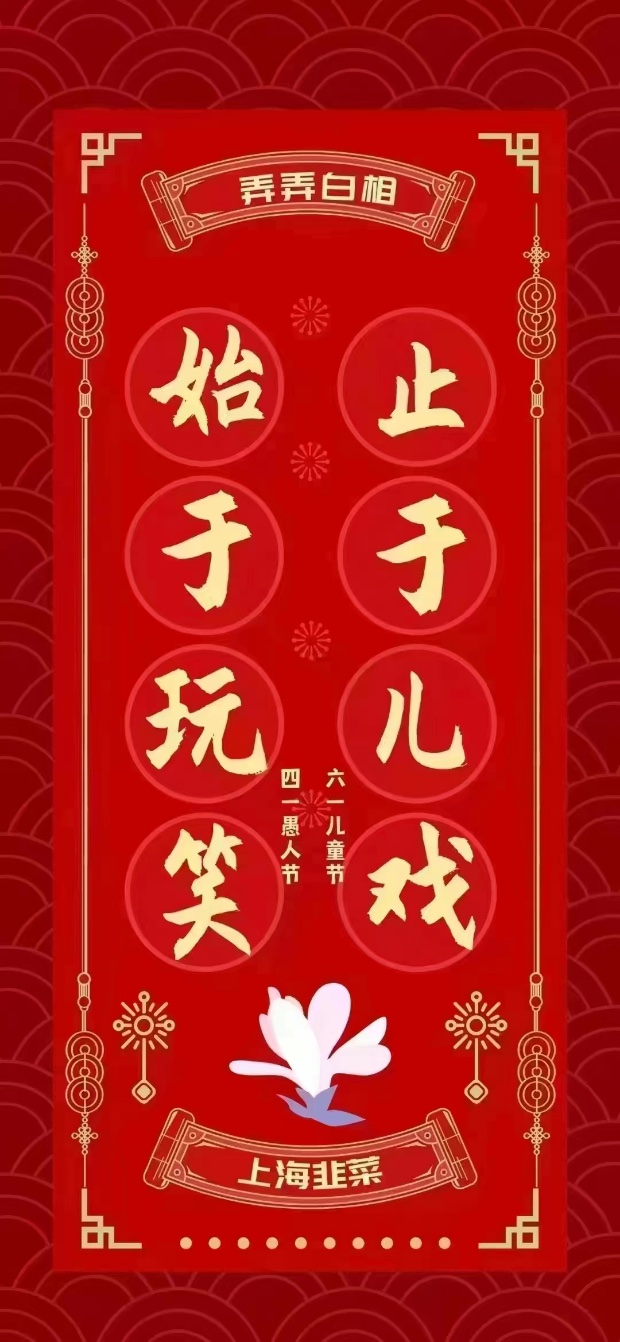Of chives and bandits
Tension over the prolonged pandemic lockdowns in Chinese cities is growing. Thus violence has erupted even in Beijing, where we get scenes like this in the suburb of Yanjiao, 21 miles east of Tiananmen, where workers are demonstrating for the right to travel to their jobs in the city, with continuous cries of "jǐngchá dǎ rén 警察打人" ("the police are beating people"). But it is Shanghai where the citizens have suffered most grievously and for the longest period of time. Although the government has announced the lifting of the lockdowns, many of the most obnoxious mandates (e.g., repeated, frequent nucleic acid testing) are still being enforced. All of this has led to extreme cynicism and a greater willingness to confront the authorities. Some of these sentiments are conveyed on this card where, naturally in the land of the most severe censorship in the world, they must employ clever indirection, which I shall try to explain below:
Read the rest of this entry »
